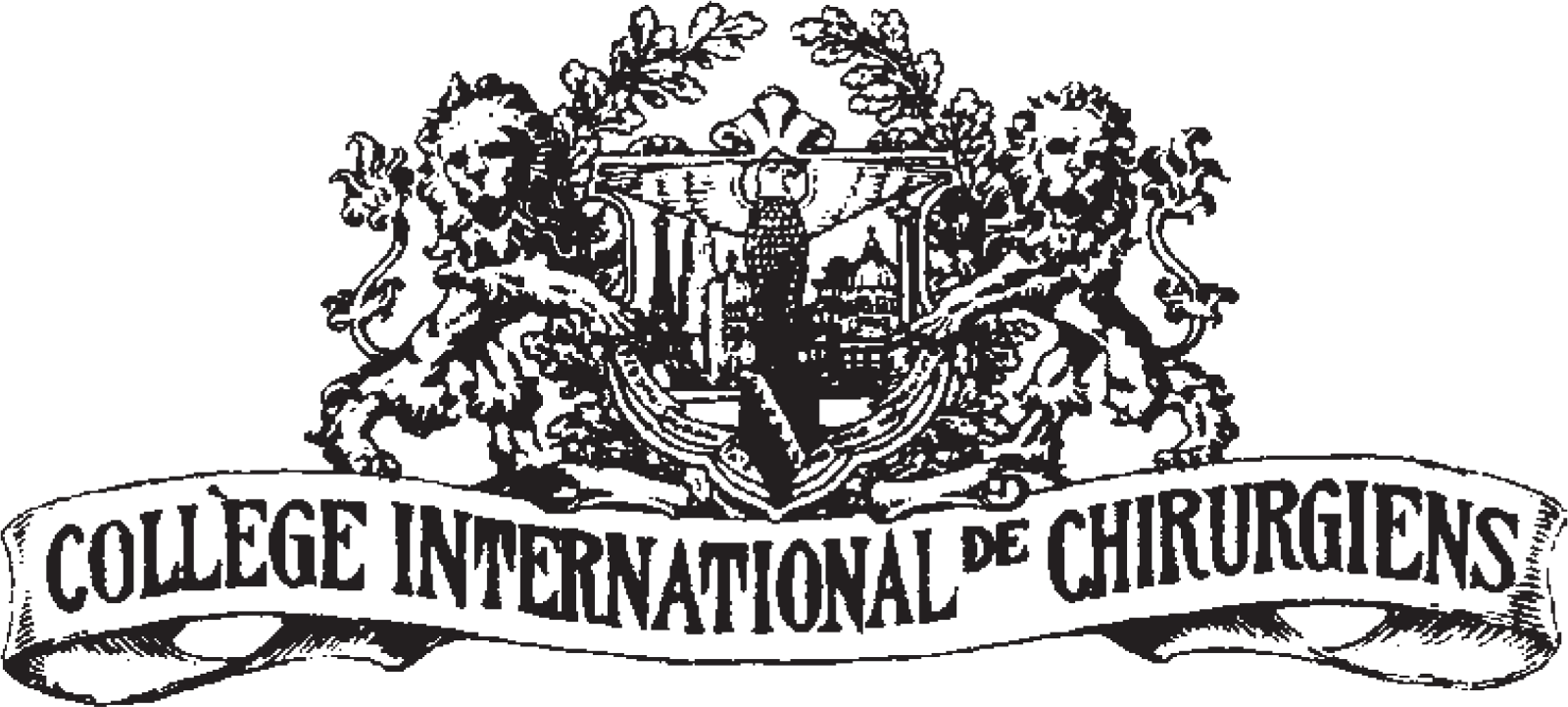Entering 2014
This is editorial letter number 13, which I submit to you as your Editor-in-Chief of International Surgery, the flagship Journal of the International College of Surgeons. International Surgery has had ten Editors-in-Chief since establishment of the Journal and I am the 11th Editor-in-Chief.
International Surgery publishes peer reviewed original scientific articles covering important clinical observations, surgical techniques, experimental surgery, research, cultural and historical topics pertinent to surgery and related fields. The Journal has an impact factor and is indexed by PubMed, MEDLINE, PubMed Central, Scopus, and the Thomson Reuters suite of databases.
As we begin 2014 publishing operations, and as indicated in my last editorial letter for the 98.4 issue, we will publish on a bimonthly basis for excellent reasons. For the time period of 2009 through 2012, the average number of articles accepted for publication was 70 per year. For 2013, the average number of accepted manuscripts has nearly doubled to 140! This most significant increase has occurred for a number of reasons. For 2013, we sent 632 review invitations to reviewers located around the world, with 436 of these reviewers agreeing to undertake reviews. In my last editorial letter, I indicated some of the institutions with whom these individuals are associated. We have also modified and updated our instructions to authors, which clarifies how best to submit a manuscript for review, which enhances the probability for ultimate acceptance of a manuscript. As a result, 15 days is now the average time taken to complete a review of a manuscript.
With all the foregoing, and as we enter 2014, I again give emphasis to the benefits of open access (OA) publishing. An unquestionable increased interest in open access publishing is occurring. Benefits of open access publishing include more exposure of an author's work at an earlier time – no embargoes are involved, allowing the public to have immediate access to the findings of an author. Taxpayers in countries gain more value by having the scientific/medical results published immediately of research funded by public funds. This aspect allows greater influence of public policy in reference to science and medicine. Researchers in developing countries also benefit from the immediate research results, which gives these researchers advantages in their respective areas of work. Open access is also compliant with many grant procedures and rules, which allows researchers to continue and expand their respective research programs.
My policy at International Surgery is to increase open access publishing. We hope that interested authors will submit manuscripts for consideration.
As I close this editorial letter, I indicate that I wish all of our stakeholders, and others who are following the significant growth of International Surgery, to judge us by our actions, and not by words and intentions only. Our actions will define us and we hope that you agree.
Sincerely,
Professor Christopher Chen
Editor-in-Chief
International Surgery

